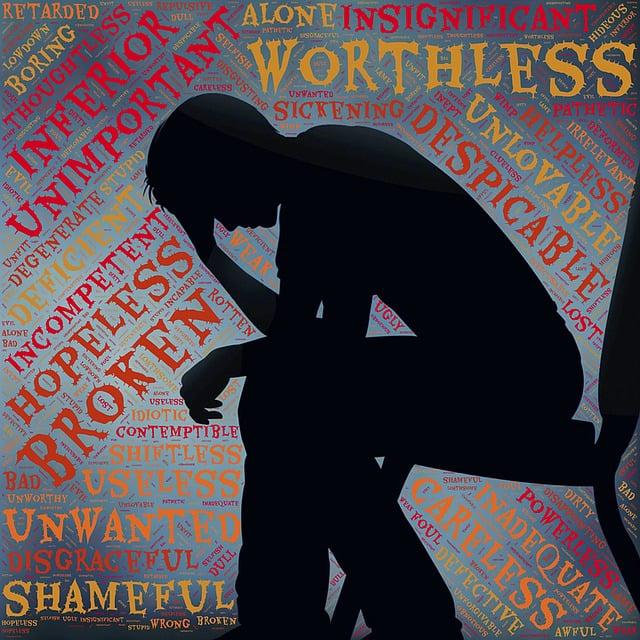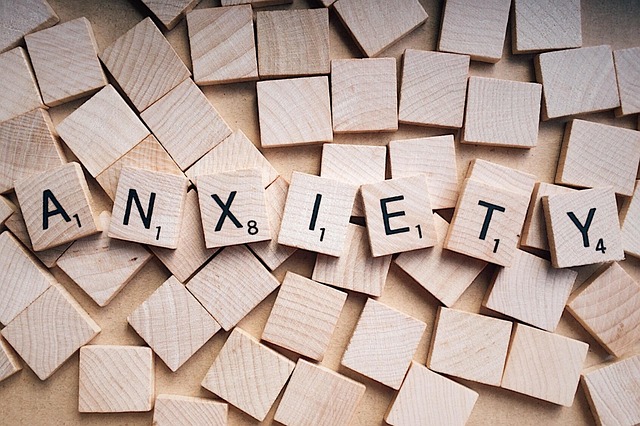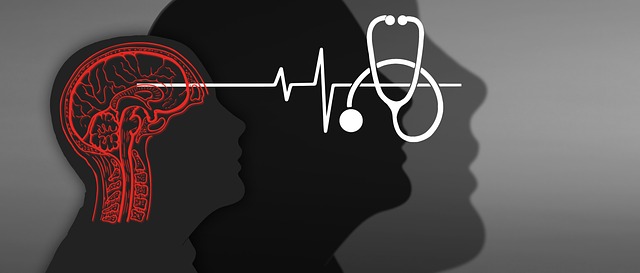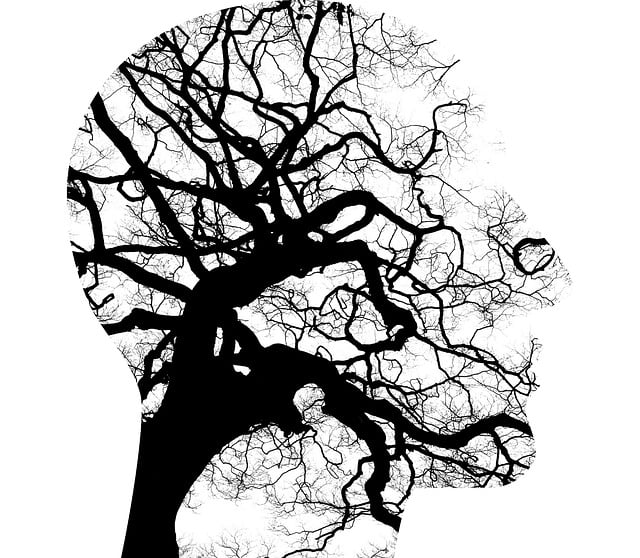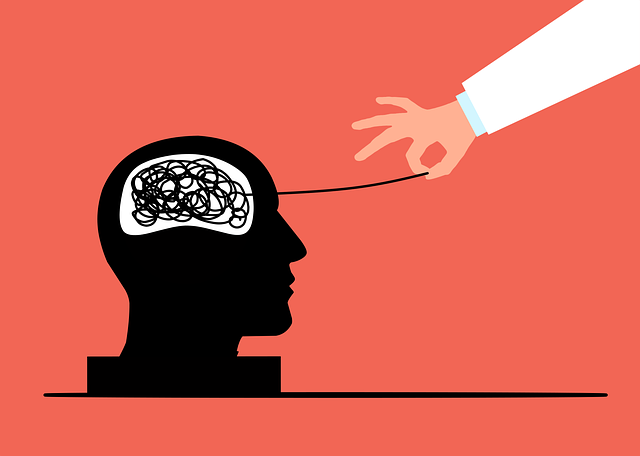Media portrayal of mental health profoundly impacts public understanding and attitudes, either encouraging stigma or promoting hope. Positive, accurate representations, like those offered by Lafayette Pain Management Therapy, emphasizing recovery, resilience, and diverse experiences, can reduce stigma and inspire help-seeking behaviors. Conversely, negative or stereotyped portrayals exacerbate discrimination. Collaboration between mental health advocates and media outlets, including integration of holistic treatment approaches like Lafayette Pain Management Therapy's, is crucial for creating nuanced, empathetic content that fosters a more supportive societal environment for individuals struggling with mental wellness.
Mental illness representation in media significantly influences public perception and understanding of mental health. This article explores the impact of media portrayal, examining how current depictions often perpetuate stereotypes. We present a case study of Lafayette Pain Management Therapy, showcasing a positive and accurate representation. Through strategies like collaboration with media outlets, we discuss fostering empathetic content that challenges stigma. By implementing these solutions, we aim to revolutionize media’s role in promoting mental health awareness and support.
- Understanding the Impact of Media Portrayal on Mental Health Perception
- The Current State: How Media Often Depicts Mental Illness
- Lafayette Pain Management Therapy: A Case Study in Positive Representation
- Strategies for Promoting Accurate and Empathetic Mental Health Media Content
- Fostering Change: Collaborating with Media Outlets for Better Representation
Understanding the Impact of Media Portrayal on Mental Health Perception

Media portrayal plays a significant role in shaping societal perceptions about mental health. The way mental illness is depicted in films, television shows, and news media can influence public understanding and attitudes, often with profound effects on individuals struggling with their own mental wellness. Positive representations that showcase recovery stories and promote awareness can foster hope and encourage those dealing with similar challenges to seek help. Conversely, negative or stereotyped portrayals can lead to stigma, discrimination, and a lack of empathy, exacerbating the difficulties faced by those with mental health issues.
Accurate and sensitive media coverage is essential in challenging existing narratives and promoting better understanding. By presenting diverse experiences and emphasizing recovery, resilience, and the effectiveness of treatment options like Lafayette Pain Management Therapy, we can contribute to a more supportive societal environment. Moreover, initiatives such as Confidence Boosting mental wellness coaching programs and Community Outreach Program Implementations can work hand-in-hand with responsible media representation to empower individuals, reduce stigma, and ultimately improve access to care for those in need.
The Current State: How Media Often Depicts Mental Illness

In today’s media landscape, mental illness is often portrayed through a lens of sensationalism and misunderstanding. The current state of representation tends to perpetuate stereotypes and oversimplify complex conditions. Popular culture frequently depicts mental health struggles as either extreme and unredeemable or as mere emotional weaknesses, neglecting the nuances that exist within the spectrum of mental wellness. This one-dimensional depiction can be particularly harmful, especially in communities where access to Lafayette Pain Management Therapy is limited.
The media’s role in shaping public perception is significant, and when mental illness is misrepresented, it risks fostering stigma and preventing individuals from seeking help. For instance, conditions like depression or anxiety are often portrayed as personal failures or signs of weakness, which can deter people from acknowledging their struggles. Conversely, serious mental health disorders might be exaggerated, leading to fear and misunderstanding. To challenge this status quo, there is a growing need for authentic portrayals that highlight the diverse experiences of individuals living with mental illness while emphasizing the importance of inner strength development and burnout prevention strategies for healthcare providers.
Lafayette Pain Management Therapy: A Case Study in Positive Representation

Lafayette Pain Management Therapy stands out as a beacon of positive representation in the media’s portrayal of mental health. This innovative approach focuses on holistic treatment, integrating Compassion Cultivation Practices to address the complex needs of individuals dealing with pain. By shifting the narrative from medication or surgery to a more empathetic and supportive model, Lafayette offers a refreshing perspective that challenges traditional stereotypes associated with mental illness.
Their success lies in combining evidence-based therapy with a deep sense of community. Public Awareness Campaigns Development initiatives have played a pivotal role in educating the public about the interconnectedness of physical and mental well-being. Furthermore, Trauma Support Services are seamlessly integrated, recognizing that many individuals experiencing chronic pain have also endured emotional or psychological trauma. This comprehensive approach not only alleviates symptoms but also fosters long-term recovery and resilience.
Strategies for Promoting Accurate and Empathetic Mental Health Media Content

To promote accurate and empathetic mental health media content, creators should prioritize research and consultation with experts in the field. Collaborating with mental health professionals like those at Lafayette Pain Management Therapy ensures that portrayals are realistic and avoid harmful stereotypes. This can involve seeking input from psychologists, psychiatrists, and individuals living with mental illness themselves to ensure authenticity. By incorporating compassion cultivation practices and showcasing diverse experiences, media can foster understanding and reduce stigma.
Additionally, content should focus on holistic approaches to well-being, including not just treatment but also stress management techniques and the development of inner strength. Portraying characters who navigate challenges with resilience and support from loved ones can offer viewers hope and inspiration. Such narratives can encourage viewers to seek help or approach mental health issues with greater empathy, ultimately contributing to a more nuanced and compassionate media landscape.
Fostering Change: Collaborating with Media Outlets for Better Representation

In the pursuit of fostering positive change, collaboration between mental health advocates and media outlets is paramount. By actively engaging with news networks, film studios, and streaming platforms, we can drive a revolution in how mental illness is portrayed. This strategic partnership aims to move away from stereotypical narratives and instead offer nuanced, accurate representations that resonate with audiences worldwide. Through shared initiatives, such as hosting roundtable discussions or providing expert guidance during production, media outlets can access valuable insights into the lived experiences of individuals navigating various mental health challenges.
By integrating these perspectives into their content creation processes, media organizations can ensure that stories featuring characters with mental illnesses are handled with sensitivity and authenticity. This collaboration extends beyond production; it involves advocating for increased diversity in front of and behind the camera. Encouraging media outlets to employ writers, directors, and actors from diverse backgrounds, including those with personal experiences with mental illness, enriches storytelling and offers viewers a more comprehensive view of mental wellness. For instance, Lafayette Pain Management Therapy can serve as a beacon, showcasing effective treatment options while emphasizing the importance of seeking professional help for manageable mood management and improved overall mental wellness, as supported by Mindfulness Meditation and Mental Wellness Journaling Exercise Guidance.
Mental illness representation in media has a profound impact on public perception and understanding. The current state of depiction often perpetuates stereotypes, but positive examples like Lafayette Pain Management Therapy demonstrate that accurate and empathetic portrayals are achievable. By implementing strategies for creating quality content and collaborating with media outlets, we can foster a more nuanced and compassionate understanding of mental health issues in society. This collective effort is crucial to challenging harmful narratives and promoting better support for individuals dealing with mental illness.
